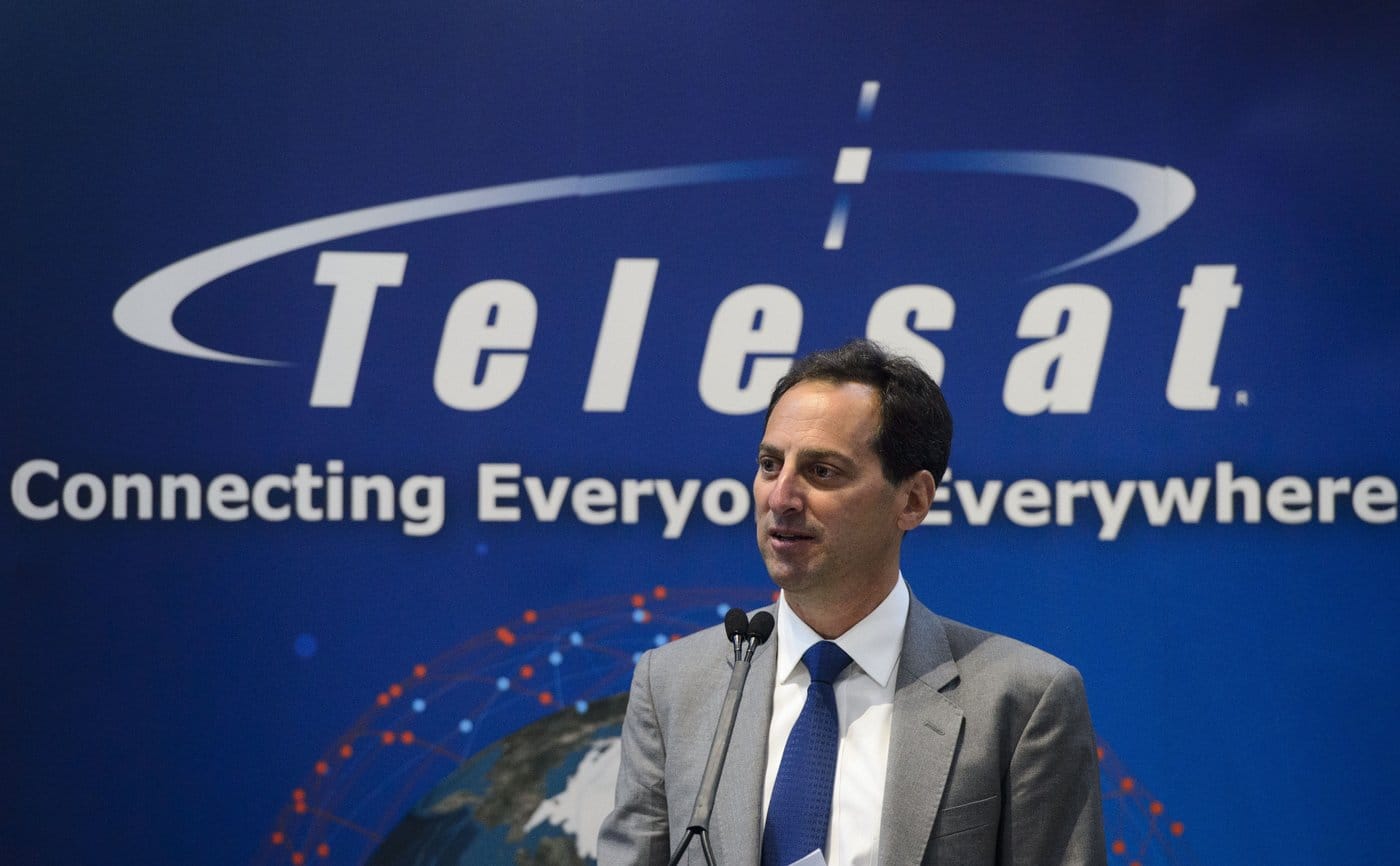Conservatives want Elon Musk to intervene over Ottawa's $2 billion loan for satellites
A spokesperson for Innovation Canada confirmed that the new loan replaces a previous $1.44-billion loan proposal that did not proceed, while maintaining the government’s commitment to spend $600 million on internet capacity once the Telesat system becomes operational.

The announcement of a $2.14-billion federal loan to Telesat, an Ottawa-based satellite operator, has sparked a debate among Canadian politicians about the potential national security risks posed by Elon Musk. This discussion arises as Canada strives to fulfill its commitment to provide high-speed internet to every household by 2030, particularly in remote areas.
Telesat CEO Dan Goldberg clarified that there are misconceptions regarding the nature of the government’s support. The Liberal government’s loan is aimed at helping Telesat launch a constellation of low Earth orbit satellites designed to enhance broadband connectivity in underserved regions. Goldberg emphasized that Telesat is taking on a nine percent interest loan rather than a grant, and part of the loan would be used to pay Musk’s SpaceX for satellite launches.
The Conservative MP Michael Barrett has criticized the loan's cost, questioning Musk on social media about how much it would take to provide his Starlink service to every household lacking high-speed access. Musk's response, suggesting a lower cost, led Barrett to advocate for Starlink as a “common-sense solution.”
Goldberg countered Barrett's comparison, noting that no one would offer Musk a similar loan arrangement. He pointed out that Telesat's deal involves significant financial commitments that include giving up a 12 percent equity stake in the company to the federal and Quebec governments. A spokesperson for Innovation Canada confirmed that the new loan replaces a previous $1.44-billion loan proposal that did not proceed, while maintaining the government’s commitment to spend $600 million on internet capacity once the Telesat system becomes operational.
The Liberal government has laid out plans to ensure 98 percent of Canadian households are connected to high-speed internet by 2026 and 100 percent by 2030. The most challenging areas to connect are those dependent on satellite services, with traditional systems facing limitations compared to newer low Earth orbit satellite technologies.
While Telesat has faced delays in its launch plans, Goldberg expressed confidence that the company will be fully operational by the end of 2027. The government believes Telesat's network will contribute to national security, particularly in Arctic regions, as emphasized by Innovation Minister François-Philippe Champagne. He highlighted the importance of a reliable network that ensures sovereignty and resiliency, especially for critical military infrastructure.
The Conservatives continue to argue that Musk's Starlink presents a better option, citing its established platform for providing high-speed internet without the need for billions of taxpayer dollars. Deputy Conservative Leader Melissa Lantsman further claimed a connection between the loan and Mark Carney, former governor of the Bank of Canada, who was appointed as an economic adviser just days before the loan announcement. However, Goldberg stated that Carney had no influence over the loan decisions.
The Prime Minister’s Office indicated that Telesat would also support the Canadian defense sector and NATO modernization efforts. Goldberg noted that while specifics on defense usage aren’t included in the agreement, Telesat’s constellation could play a crucial role in enhancing communication capabilities for Norad.
Amidst these discussions, Musk's controversial actions and remarks have raised concerns, with critics labeling him a national security risk. However, experts like James Fergusson, from the Centre for Defence and Security Studies, mentioned that Musk is not viewed as a security threat by the U.S. Defense Department, which utilizes SpaceX services.
As Canada grapples with the implications of foreign ownership in telecommunications, particularly in the satellite sector, the discourse continues to evolve, balancing national security interests with the pressing need for improved internet connectivity across the country.





